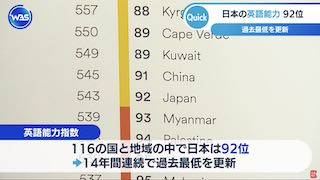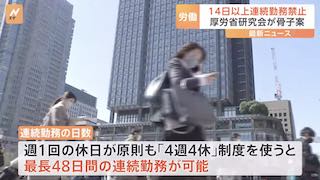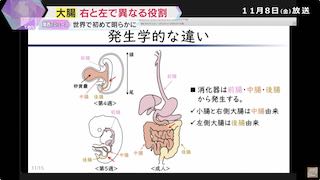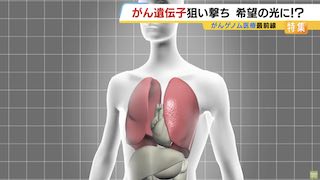KYOTO, Sep 29 (BBC) - Imagine if you could put an ultra-thin, transparent solar sheet on your window to generate energy, not just from sunlight but also artificial lights from inside your room?
Seen as the most promising next-generation solar cell, this technology, called perovskite, is exactly what Japanese start-up Enecoat Technologies is trying to develop.
When ready, the Kyoto-based firm hopes its product will produce as much power as a regular solar panel of the same size.
"We are hoping to market them in three to four years," says the co-founder and chief executive of the company, Naoya Kato. "But to use them outdoors, we need to make them durable for any kind of weather conditions, so that will take longer."
Start-ups such as this are called "deep tech". They are small firms who are merging high-tech engineering innovation with scientific discovery. The hope is that it will lead to the development of transformational products.
But a successful product launch in this sector takes time. As a result, private venture capital funds that lend money to entrepreneurs may be more cautious to invest in them.
That is where Kyoto University plays a crucial role. It may be best known for producing more Nobel prize winners than any other university in Asia (11 in total), but it also finances new start-ups by students and researchers through its two venture capital funds.
Enecoat Technologies is one of the beneficiaries, and has received a total of 500m yen ($3.6m). The money came from a $300m fund that the university received from the Japanese government back in 2015 to encourage entrepreneurship. ...continue reading















